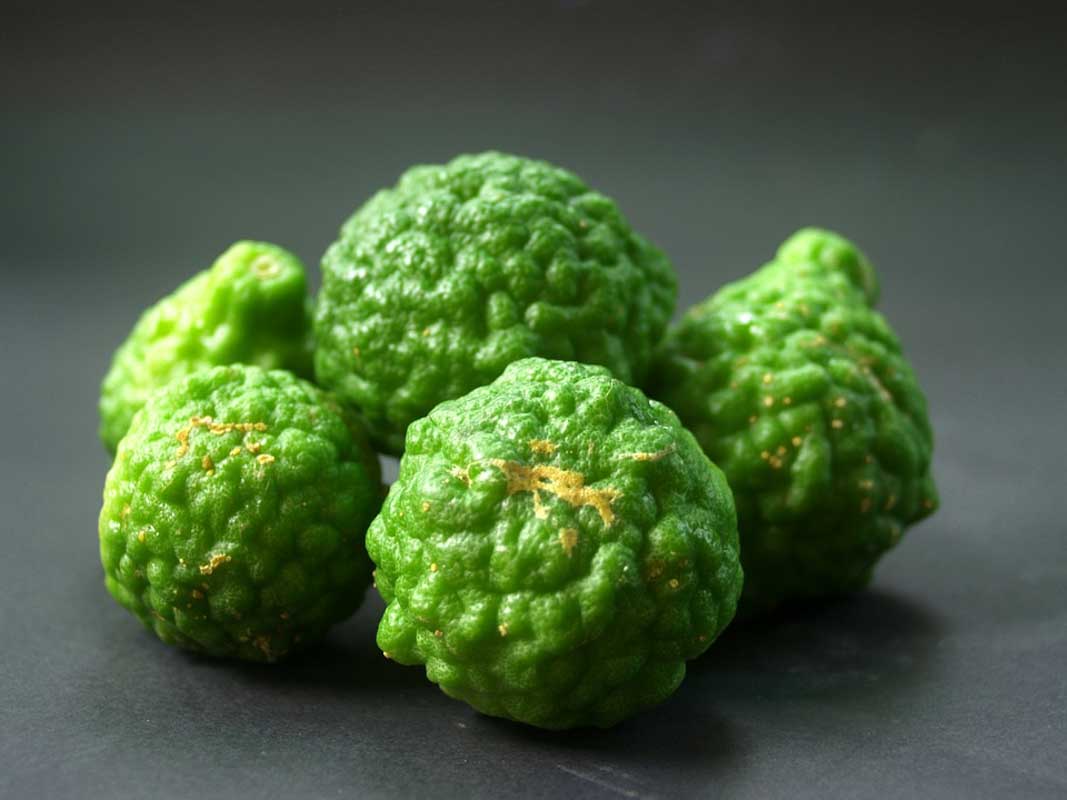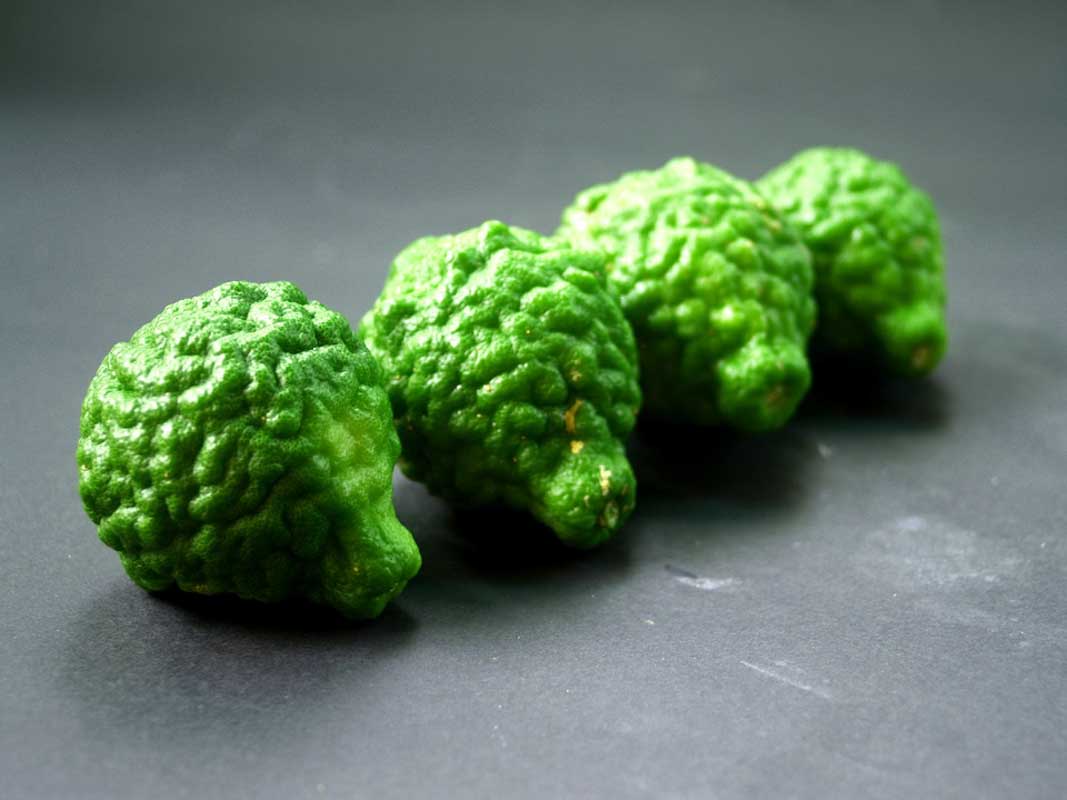
Bergamot oil is a well known in the EO world and is one of the most popular oils available today. It’s primarily known and utilized for it’s abilities as a natural mood enhancer, bacteria killer, scar minimizer.
Bergamot oil can cure headaches, release muscle tension, and even aid digestion, so it’s no surprise that it’s so popular. It really is a wonder oil that packs a hefty health punch!
But what exactly is bergamot made from? Where might you have tried it before? And what does it look like in its purest form?
Join us as we take an in-depth look at bergamot essential oil…
The origins of bergamot oil
Bergamot oil is said to have originated in Southeast Asia where Cirtus Bergamia was first grown, but it actually gained popularity when it was widely grown in Italy.
It was so popular in this part of the world, that it was named after Bergamo, a city in Italy where the oil was sold. In the modern day, it is also widely produced in countries such as Brazil, Morocco, Turkey, Argentina, and the Ivory Coast.
There is also evidence of bergamot oil being used in Chinese medicine in ancient times as a digestive aid to help with excess gas and medical issues such as indigestion or irritable bowel syndrome.
Many people don’t know that they may have tried bergamot oil without realizing it, as it is used in black tea commonly sold in the United Kingdom called Earl Grey.
What is bergamot oil?
Bergamot is not particularly well known, it is a plant that grows a citrus fruit names Cirtus Bergamia. The fruit is a kind of mixture of a lemon and an orange and is sour in flavor. Bergamot oil is produced by extracting the oil from the peel of this fruit using a technique known as cold compression, which is basically squeezing the skins to release the oil.
What are some of the benefits?

Bergamot oil is certainly no slouch when it comes to health benefits – which is one of the reason that it has gained in popularity so much.
In brief, bergamot oil is an antibacterial and an antispasmodic, as well as having anti-inflammatory and ant-infectious properties to boot. It works particularly well if used on digestive issues, but it is also known for being a natural mood elevator and is said to have uplifting properties that make it an antidepressant.
As an antidepressant
Some sufferers of depression prefer not to use conventional antidepressants, and bergamot oil is often used thanks to its properties as a stimulant that is known for perking up the senses and elevating a low mood. It also improves blood circulation which also stimulates the body and can be rubbed on the hands and the vapors inhaled.
As a skin healer
Bergamot oil is often used to help fade scars, stretch marks, or even acne scars, as it can even out the levels of melanin in the skin, causing marks to fade or appear lighter. For skin irritations or marks, a few drops of the oil can be added directly to the skin, or you can add it to a bath and soak in the oil instead. This also has the added bonus of working as a mood enhancer at the same time, as you will be able to take in the vapors.
Related: 5 EO Recipes for Dry, Cracked & Flaky Skin
As an aid for lowering blood pressure
Bergamot oil acts as a stimulant and promotes hormonal secretions including bile and insulin. This in turn promotes healthy digestion and works with the breaking down of sugars which lowers blood pressure. The oil can be inhaled or rubbed directly on to your abdomen.
Related: 14 EOs for High Blood Pressure (Hypertension)
As a stress reliever
If you suffer from stress, then bergamot oil stimulates hormones in your body including serotonin and dopamine, which in turn make your feel happier, more relaxed, and can promote feelings of mild sedation. If you are feeling stressed you can add some bergamot oil to a diffuser and inhale the vapors.
As treatment for intestinal worms
Bergamot oil is often used to treat intestinal worms, especially in children or for anyone who doesn’t want to use conventional medicine which can have side effects. Bergamot oil kill parasites and this is also true for intestinal worms, and it can be rubbed directly on the stomach as a way of killing internal parasites. You can also take bergamot oil internally by drinking Earl Grey tea.
As an anti-infectious agent
Many people don’t realize that bergamot oil is often added to common hygiene products such as soaps because it has the ability to kill germs, viruses, and fungi. You can use bergamot oil to reduce the risk of infection by applying it directly onto your skin.
As a pain reliever
Bergamot oil stimulates hormone secretions which then inhibits nerve sensitivity. As such, it is an effective pain reliever and is great for things such as muscle soreness, headaches, tension, or aches and sprains. For the best and fastest relief, a few drops of bergamot oil can be applied directly to the affected area.
As a natural deodorant
Due to the fact that bergamot oil inhibits germ growth, it makes a great deodorant as germs cause body odor in the first place. Bergamot oil, as it derives from the peel of a citrus fruit, is also known for its fresh and zesty notes which make it a great choice as a fragrance. You can either apply a few drops directly to your armpits or mix it with other essential oils and spray it on using a diffuser bottle.
As a digestive aid
One of the main reasons that bergamot oil is so well known and loved is thanks to its amazing properties as a digestive aid. This is because bergamot oil quickens digestions by stimulating the digestive juices in the gut. This means that food is digested faster and passes through the body more quickly. You can apply bergamot oil directly on to your abdomen to ease digestive discomfort.
As a cavity protector
Bergamot oil is antibacterial so it works really well at fighting mouth infections and the germs that cause cavities. You can add bergamot oil to your toothpaste in order to harness these antibacterial properties.
Related: Healthy Gums with Essential Oils
As a way of treating fungal infections
Bergamot oil has strong anti-fungal properties and with that in mind it can work well on skin conditions that are the result of fungal infections. It can be applied topically to the affected area that is suffering from conditions caused by Candida fungus.
As a cure for infections
It is well documented that bergamot oil cures infections and this can apply to different areas of the body such as urinary infections, kidney problems, or colon issues. To harness the infection-busting power of bergamot oil you can either rub a few drops on the affected area or consider drinking Earl Grey tea for internal issues such as a urinary tract infection.
As an anti-congestive
Bergamot oil can work hard to reduce the symptoms of a cough or common cold thanks to its amazing anti-congestive effects. It naturally kills germs and also helps your body to expel toxins such as phlegm and mucus. If you want to use it to soothe a congestive or respiratory issue, then try using a few drops in a diffuser or rubbing it directly on to your chest or sinuses.
As a way of healing chickenpox, mouth ulcers, and herpes
Bergamot oil is known for its antibacterial properties that can work well on conditions like chickenpox, shingles, herpes, and even things like mouth ulcers. In order to treat these, bergamot oil can be applied topically to the affected area.
As a fever reducer
Historically bergamot oil was used as a way of naturally lowering a fever, and this still holds true today. It is great for fighting infections that may cause the fever in the first place, and it also stimulates gland secretions so that it causes you to sweat, which in turn lowers your body temperature. If you have a fever then you can apply it to the temples or wrists in order to feel the benefits.
Related: 5 EO Remedies for Coughs
DIY Bergamot EO Recipes

Bergamot Oil Natural Deodorant Recipe:
Many deodorants on the market nowadays can contain dangerous & unhealthy ingredients added to them. If you want to avoid these then it is really easy to make your own. Bergamot oil is the perfect candidate if you want to make your own deodorant, as it naturally eliminates germs that cause body odor. It’s also great when paired with other essential oils.
This recipe uses beeswax so that it will set to a hard consistency and doesn’t need to be kept in the fridge unlike some other homemade deodorants. It is also recommended that you use a blend of bergamot, sandalwood, and lemon essential oils, but feel free to play around with mixing bergamot with different scents in line with your own personal tastes.
To make this deodorant you will need:
- ½ cup of coconut oil
- 3 drops of bergamot EO
- 2 drops of sandalwood EO
- 3 drops of lemon EO
- 1 tablespoon of beeswax pellets or grated beeswax
- ¼ cup of baking soda
- ¼ cup cornstarch
Directions:
- Melt the coconut oil and beeswax, stirring until soft.
- Stir in the baking soda and cornstarch to make a smooth paste
- Allow to cool slightly before adding the essential oils
- Pour the mixture into a deodorant stick if you have one (an old one or simply one with the previous deodorant removed is perfect) or store in a jar and apply topically by hand.
Bergamot Essential Oil Homemade Conditioner Recipe:
Bergamot oil is fantastic for hair for a number of reasons. It will naturally hydrate your hair keeping is shiny and supple, and as it is antibacterial it also fights germs that may have accumulated in your hair and scalp and works to eliminate dandruff and excessive oils.
As it is a natural mood elevator it will also improve your mood as you massage it into your scalp every day and provides a great start to the day if you use it as part of your morning shower routine.
To make this conditioner you will need:
- 1 cup of water
- 2 tbsp of apple cider vinegar
- 10 drops of bergamot EO
Directions:
- Mix all the ingredient together. You can do this in a bowl or to make things even easier you can add them directly to a spray bottle.
- Shake the bottle thoroughly to mix the ingredients and then spray on your hair.
Tip: For best result massage into your scalp for 5 minutes and then rinse. If you prefer you can just leave the conditioner on your hair and rinse after 10 minutes without massaging it in.
Important things to keep in mind when using bergamot oil
Bergamot oil is a mighty little oil that has a wide breadth of health and beauty benefits, but there are still some areas where it pays to be mindful how you are using it all the same.
Bergamot oil can be taken orally and added to food or drinks in small doses, which is why it can be safely found in Earl Grey tea.
It can however also increase sensitivity to light and it can make your skin more sensitive if you are going out in the sun, causing blistering or rashes. For this reason, try to limit applying bergamot oil before going out in bright sunlight. If you are taking it orally, then make sure to decrease your chances of sunburn by using a good sun block if you are going out in the sun.
Large amounts of bergamot oil should be avoided in children, as well as nursing or pregnant women.
If you suffer from diabetes then bergamot oil can work to lower blood sugar levels and cause them to dip.
Conclusion

Hopefully you’ve found this article helpful! If you have any questions, comments or recommendations of your own please let us know in the comment section below.










